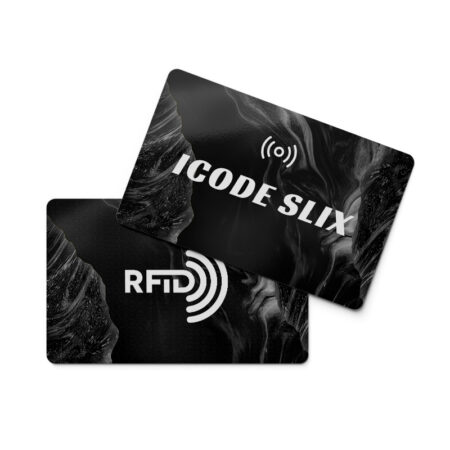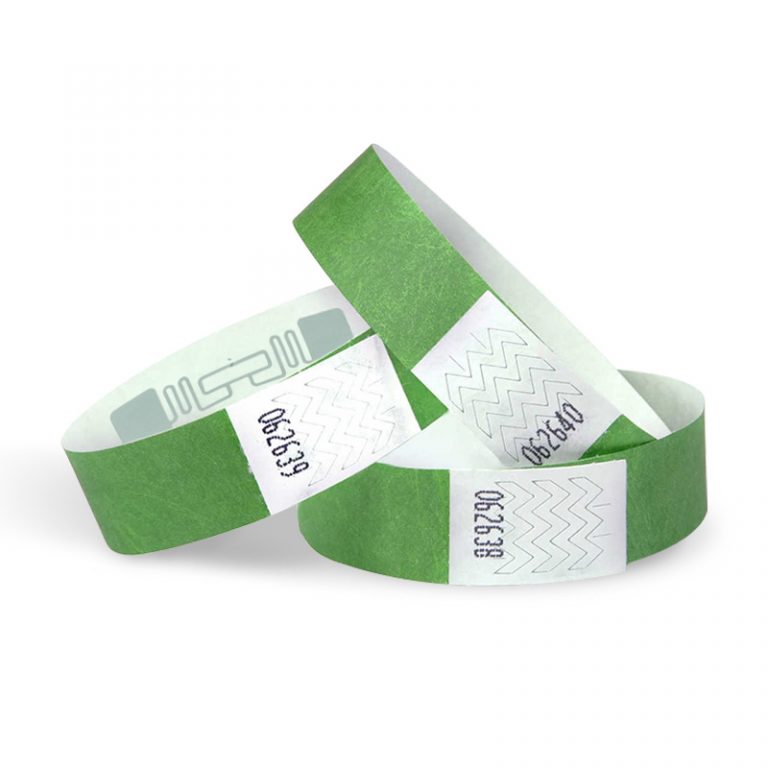rfid blocking meaning
September 14, 2025
rfid blocking meaning proposal! rfid blocking meaning official support.GOV,rfid blocking meaning active! <h1>RFID Blocking Meaning: Understanding the Technology and rubber medical bracelets Importance</h1><H2>What is RFID Blocking?</H2>

RFID blocking refers to the use of materials or devices designed to prevent unauthorized access to Radio Frequency Identification (RFID) chips. These chips are embedded in various everyday items such as credit cards, passports, key fobs, and identification badges. The primary purpose of RFID technology is to enable contactless communication for quick and convenient transactions or data retrieval. However, this convenience comes with potential security risks, as malicious actors can use RFID readers to skim or steal information from these chips without physical contact. RFID blocking solutions work by creating a shield that disrupts the electromagnetic fields used in RFID communication, thereby protecting sensitive data from unauthorized interception.
<H3>How RFID Technology Works</H3>

To fully grasp the meaning of RFID blocking, it's essential to understand how RFID technology functions. RFID systems consist of two main components: a tag (or chip) and a reader. The tag, which contains a microchip and an antenna, stores data such as personal information or financial details. The reader emits radio waves that power the tag via electromagnetic induction, allowing the tag to transmit its stored data back to the reader. This process occurs wirelessly and can happen over short distances, typically ranging from a few centimeters to several meters, depending on the frequency used (e.g., low frequency, high frequency, or ultra-high frequency). While this technology streamlines processes like payment processing and access control, it also creates vulnerabilities. For instance, an attacker with a portable RFID reader could potentially scan your credit card through your wallet or pocket, leading to data theft or fraud. This is where RFID blocking becomes crucial—it acts as a barrier to prevent such unauthorized scans.


<H4>Common Applications and Risks of RFID</H4>

RFID technology is widely adopted across various sectors due to its efficiency. In finance, many modern credit and debit cards are equipped with RFID chips for tap-to-pay functionality, enabling faster transactions. In government, passports often include RFID chips to store biometric data, enhancing border security through electronic verification. Addit The Use of RFID for Human Identity Verification
Phone: +86 19925232774
Hours: Mon-Fri 9:00AM - 6:30PM